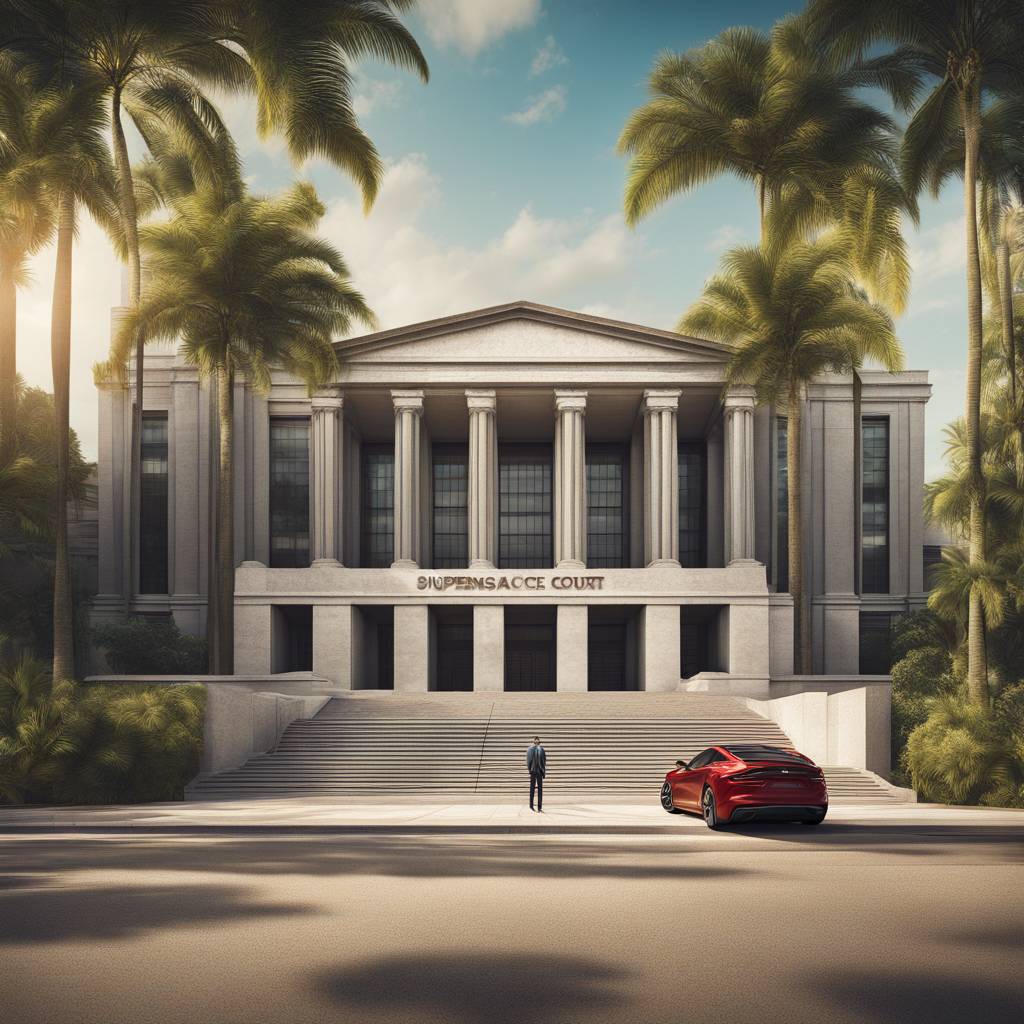Brazil Supreme Court Justice Alexandre de Moraes has initiated an investigation into tech magnate Elon Musk for possible obstruction of justice. This probe comes after Musk publicly stated that he would defy the court’s orders to restrict or suspend certain accounts on his social network X (formerly Twitter). Moraes has also included Musk in a broader inquiry into “digital militias” accused of spreading misinformation to attack democratic institutions in Brazil. Musk, who has 180.2 million followers on X, has openly defied the court’s orders and threatened to shut down his office in Brazil, citing principles over profit.
In response to court orders, Musk publicly declared on X that he would lift all restrictions, leading to further defiance against the Brazilian Supreme Court. He called for the resignation or impeachment of Justice Moraes, making unsupported claims that the judge had violated Brazilian law. Musk also threatened to publish information from inside X to portray Moraes as a traitor to his country. The judge has been a proponent of regulations to combat harmful content and misinformation online, facing backlash from various entities including tech companies, far-right officials, and former President Bolsonaro.
Brazil, with a population of over 215 million, is the second most populous country in the Western Hemisphere. Musk’s opposition to Justice Moraes comes during a municipal election year in Brazil, where political divisions are deep and the country has experienced political violence in the past. Supporters of former President Bolsonaro have called for military intervention to remove the elected President, leading to a volatile political environment. Musk’s meeting with Bolsonaro in 2022 to discuss SpaceX’s satellite internet services in Brazil has raised concerns about his involvement in the country’s political landscape.
Musk has faced scrutiny for his handling of content moderation on X, with fines imposed in Australia and a probe by the EU under the Digital Services Act. While Musk presents himself as a free speech absolutist, his actions have been inconsistent, including reinstating accounts banned by prior management, such as former President Trump’s account. Musk-led companies like Tesla have imposed restrictive nondisclosure agreements on employees and customers, limiting their free speech. Musk’s track record on free speech has been called into question, especially as he faces legal challenges in Brazil over defiance of court orders.
The situation involving Musk, Justice Moraes, and the Brazilian Supreme Court is ongoing and may have broader implications for the regulation of social media platforms worldwide. As tech companies like X face increased regulatory pressure globally, the balance between free speech and preventing online harms is a contentious issue. Musk’s defiance of court orders in Brazil raises concerns about the power of tech billionaires to influence democratic processes and institutions. The outcome of this investigation and its impact on the regulation of social media platforms remains to be seen.













